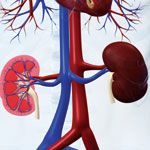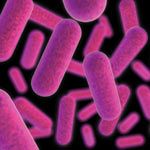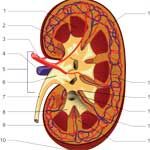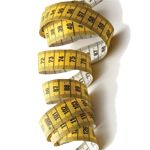What you eat can have a huge impact on your health. But eating right is easy once you know what you need – and what you don’t!
By now everyone’s heard of the 17 year gap between the life expectancy of Indigenous and non-Indigenous Australians.
But this isn’t set in stone. There is a lot you can do to improve your health, your family’s health and – ultimately – the health of our entire community.
So what are some simple lifestyle changes you can make to improve your own health and the health of those around you? One thing you can do is start watching what you eat.
You Are What You Eat – Be Healthy On The Inside
What we eat has a huge impact on our health. The problem is that many of us are simply eating too many of the wrong foods and not enough of the good stuff.
There are many serious health risks associated with a poor diet. Poor nutrition can increase your risk of getting serious diseases like heart disease, type 2 diabetes and some forms of cancers.
A poor diet can cause obesity – which means being really, really overweight. Obesity can increase your risk of heart disease, and you’re also more likely to have high insulin levels, high cholesterol and blood pressure.
Things to Remember
If you have a young baby, breastfeed them as long as possible – this is the most nutritious food for your baby and can set them up for a much healthier adult life. The World Health Organisation recommends a minimum of six months of breastfeeding.
Children with a poor diet can end up obese and this can have serious, long-term health consequences.
When you are shopping always read the labels and avoid buying foods that have too much added salt or sugar. Some labels use other names for sugar – these names often end in “ose” – sucrose, maltose, lactose, fructose, glucose. Other names for sugar are molasses, treacle, honey, condensed milk, malt extract, malt, syrup and condensed milk.
How do I follow a healthy diet?
Eat lots of cereals, pasta, rice, vegetables, fruits, nuts and legumes (beans, chickpeas and lentils);
Eat a smaller amount of lean meat (kangaroo meat is very healthy), fish, eggs and chicken (remove the skin), as well as low fat yoghurt, low fat cheese and low fat milk;
Remember to only use a very small amount of oil, butter and sugar and to not add salt to your food; and
Drink water instead of soft drinks and eat fruit instead of lollies and sweet desserts;
If you live in a remote area, sometimes getting fresh fruit and vegetables can be more difficult. Talk to your local store manager to ask them about getting in more fruit and vegetables.
Canned and frozen fruits and vegetables are also healthy options, so make sure you stock up on them when you go shopping. When buying canned fruit, make sure you look for products that are in natural juice or water instead of syrup. When buying canned vegetables check the label and, where possible, buy vegetables that have no added salt or sugar.
Take it Away
- If you’re getting take away food, go for options with less fat. Better takeaway options include:
- Grilled fish instead of battered or crumbed;
- Plain hamburgers with salad instead of burgers with cheese, eggs or “the lot”;
- Pizzas with more vegetables and less meat, and ask for half the cheese.
- Steamed rice instead of fried rice
- Asian food with more vegetables and less fried meat)
- A baked potato or wedges instead of fries; and
- Sandwiches with salad and lean meat.
Who Can Help?
If you are overweight or concerned about your or your family’s diet, talk to your doctor or someone at your local Aboriginal Medical Service. They can offer you lots of really helpful advice, and help you on your way to a healthier tomorrow.
If you want to help your whole community, talk to teachers at your local school about providing healthy options for children in the school canteen.
You can also talk to your local community store about having more healthy food available and putting unhealthy food up on higher shelves out of easy reach of children.
Some community stores in remote locations have run very successful programs which make it cheaper to buy healthy food such as fruit and vegetables and more expensive to buy unhealthy food like chips and lollies.
Get together with other community members to talk about other ways you can help to improve the health of the community.






Comments are closed.